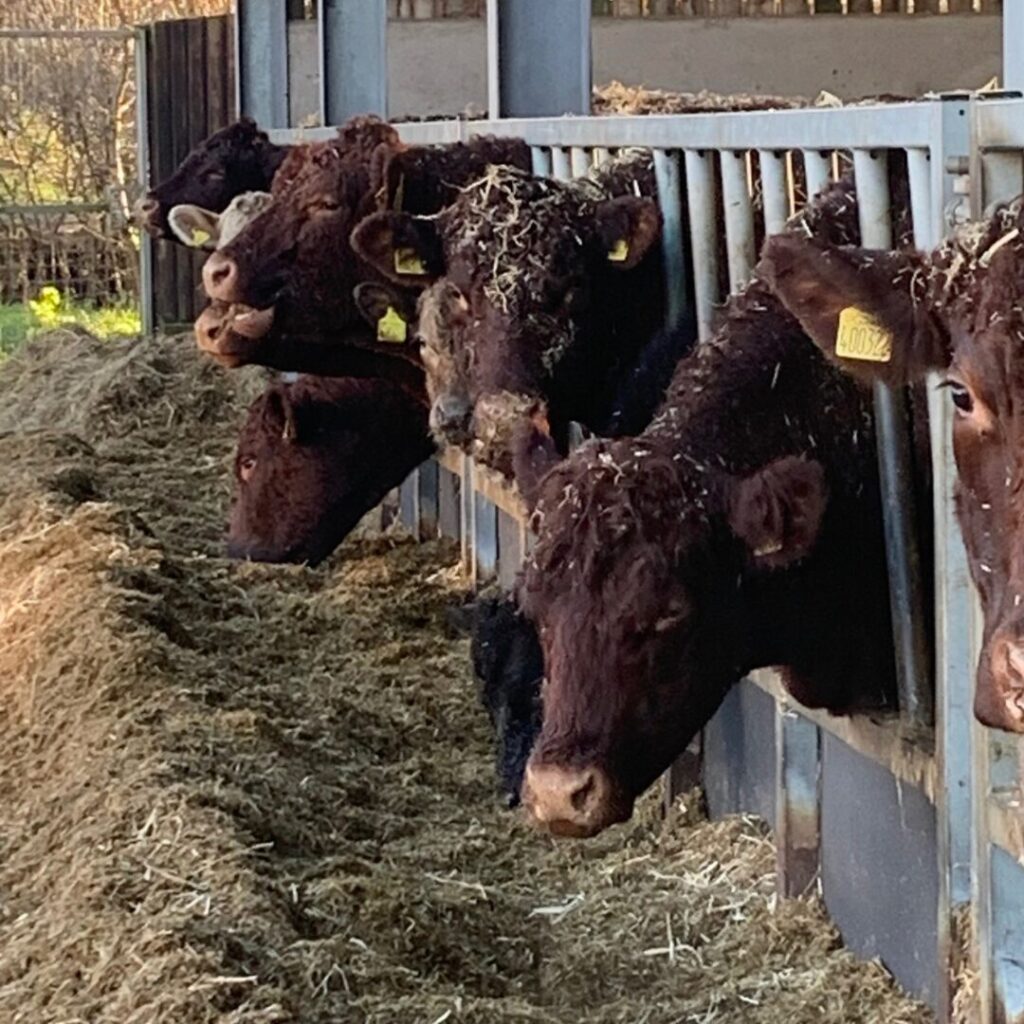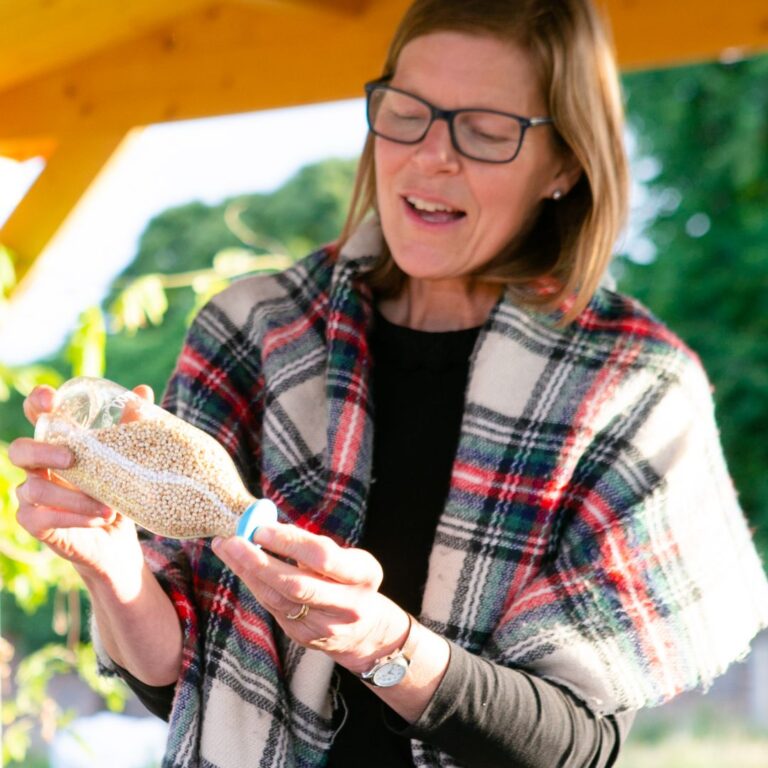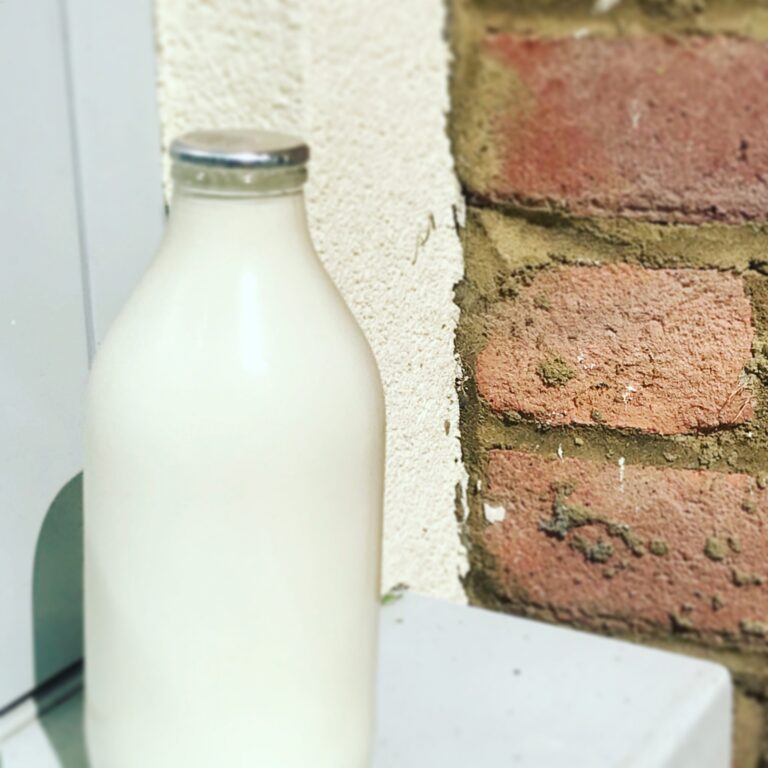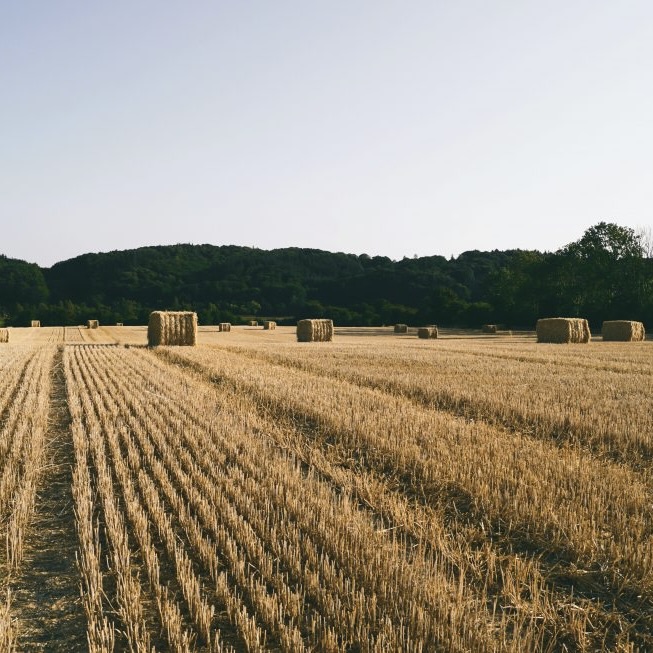Organic Farming & Gut Health – Digging the link!
Support Regenuary! Launched by The Ethical Butcher
The initiative founded in response to Veganuary, to highlight that regeneratively farmed & ethically raised meat is also a positive choice for healthy planet and people… and your gut health!
So what is regenerative farming?
✔️ Regenerative farming refers to systems which work with nature to restore our soils naturally and focus on the quality of food produced rather than quantity
✔️ Rather than relying on fertilisers and pesticides, soils are enriched in a number of ways: planting pastures with herbs such as clover which pour nutrients like Nitrogen back into the soil (so called Green Manure); using grazing animals to fertilise soil naturally; planting crops which protect each other as well as providing food for natural predators; using cover crops to protect soil and improve its quality.
Check below for the differences between Regenerative, Organic, Grass-fed and pasture-fed farming systems – but they all have the same aim – climate friendly farming that works with nature to produce food that’s rich in nutrients for us!
These natural systems working together also benefit the structure of soil so it captures more carbon, retains more water and supports its ‘living system’…. most importantly its microbes! Just as our good gut microbes release nutrients from our food for us and keep us healthy, soil microbes around the roots of plants release nutrients to them too. It really is a Good News Story! Healthy soil, Healthy food, Healthy humans!
The link between healthy soils and our gut is uncanny! Our good gut microbes have evolved from microbes in our soil. And now, like the soil, our health is paying the price of industrialisation; biodiversity loss within the soil mirrors that within our own gut microbiome. Increasingly modern lifestyles, with convenient, processed foods, farming chemicals, antibiotic use and a general disconnect from our land have all resulted in a loss of diversity of our own beneficial gut microbes (1). It’s no coincidence that along with the intake of ultra processed foods (in the UK over 60% of our energy comes from UPFs) has come an increase in chronic health conditions, such as Diabetes 2, IBS and other inflammation-related illnesses, not to mention problems with obesity.



MORE GOOD NEWS!
This health crisis can be reversed if we look at what we eat and the way it has been produced. Research is underway to work out how to measure the difference in the nutrient quality of foods produced using regenerative & organic farming. It’s starting to show how much better for us they are compared to food grown or produced from crops grown in industrial systems. We know for example that cattle in 100% grass fed regenerative systems produce food with lower saturated fats and more heart-healthy and anti-inflammatory Omega 3. This is because natural feed like grass and clover alters the fat profile of meat and milk.
Other nutrients known to be higher in Organic foods are Vitamin E and Iron, both valuable nutrients in our diet and Vitamin A, vital for a strong immune system. Antioxidants in plants, known to benefit our gut health and protect our long-term health, are thought to be higher in those crops farmed regeneratively. This makes perfect sense as antioxidants are the plant’s natural defence mechanism against disease, so plants need to produce more of these in natural farming systems where they can’t depend on pesticides to do it for them.
MAKING PLANET-FRIENDLY FOOD CHOICES: few labelling tips to help –
- Pasture for Life or 100% Grass Fed – where animals are fed entirely on grass or forage crops from the farm over winter, therefore having more of their natural diet
- Organic – farms must comply with certain standards, eg, minimal use of chemicals to be certified organic. By choosing Organic consumers know they are supporting nature-friendly farming with the highest animal welfare and most likely, getting more nutrients. The Soil Association is the UK’s largest certification body so choosing anything showing their logo will guarantee it is truly organic
- QR codes on some products communicate the full story behind them, explaining how the food has been produced or how the animal has lived
- Checking the ingredients lists will reveal a lot about a product – if it sounds more like a chemistry lab, it’s probably not very good for you
The world is at a crisis point and with food and farming responsible for a third of global greenhouse gas emissions and the main cause of biodiversity loss, changing our food system is vital. There are many brilliant initiatives now to help everyone source more climate-friendly food and it won’t just be the planet that thanks you, but your gut will too! So this January, think twice before opting for Veganuary – Regenuary may also be the answer you’re looking for! (1) Blum, W. E. H., Zechmeister-Boltenstern, S., & Keiblinger, K. M. (2019). Does soil contribute to the human gut microbiome? Microorganisms, 7(9). https://doi.org/10.3390/microorganisms7090287
Dr Lucy Williamson Msc
Life thrives on real nutrients from real food. Balanced, sustainable food choices from healthy soils promote our long term health, and our microbes too! Please get in touch to find out how we can work together.





